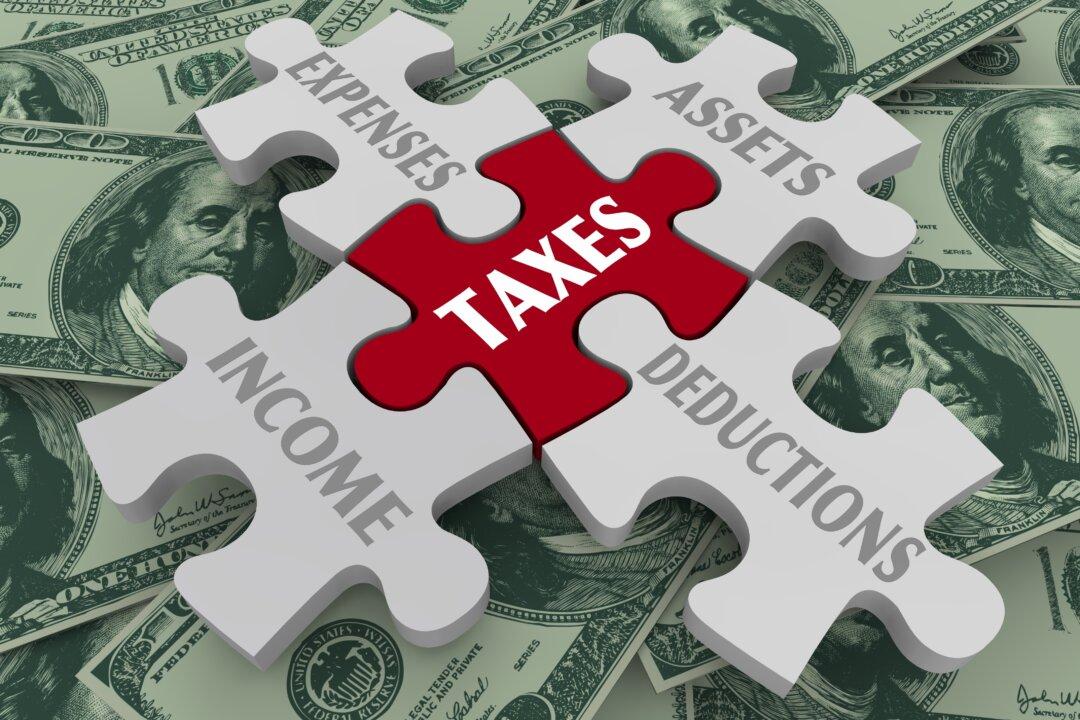The Merriam Webster Dictionary (online) defines speculation as the “assumption of unusual business risk in the hopes of obtaining commensurate gain.” Speculative investing is the purchase of high-risk assets based on price fluctuations and emotion rather than solid fundamentals. It’s often compared to gambling.
It defines gambling as “the practice or activity of betting: the practice of risking money or other stakes in a game or bet.”






